Owning an RV comes with a variety of responsibilities, one of which is maintaining your RV generator. While this might not seem like a priority, when you don’t have access to working electricity, you’ll need your generator to power appliances, keep devices charged, and much more. If your generator isn’t working because you haven’t taken good care of it, you’ll put yourself in an undesirable situation.
Regular maintenance keeps your generator running when you need it most and helps avoid expensive repairs down the road. This guide will walk you through the fundamentals of RV generator maintenance and help you have stress-free camping adventures.
Getting To Know Your RV Generator
Before focusing on maintenance, it’s important to understand the basics of your RV generator. First off, you should know that there are two primary types of generators commonly used in RVs.
- Gasoline or Diesel Generators: These are typically powered by the same type of fuel that your RV uses. They are reliable and commonly seen in larger vehicles.
- Propane Generators: These are an excellent choice for eco-conscious RV owners or those with smaller vehicles. Propane burns cleaner than diesel or gasoline and is easier to store for extended periods.
Generators have a few essential components, but knowing where they are and their purposes will simplify maintenance. Check the owner’s manual specific to your generator model. The manual shows exactly where everything is on your generator and saves a ton of guesswork during maintenance.
Regular Maintenance Tasks
Like with most major appliances, knowing how to perform routine maintenance is key to ensuring your RV generator runs smoothly for many years to come. The following are the most crucial tasks every RV owner should implement with their own systems.
Oil Changes
Oil is a crucial part of any generator, and regular oil changes will protect the engine from regular wear and tear. Most manufacturers recommend changing the oil every 100–200 hours of operation or once a year, whichever comes first. Always use the type and grade of oil specified in your generator’s manual, and make sure to dispose of the old oil responsibly.

Air and Fuel Filter Replacements
Filters prevent dirt and debris from entering the engine, which could cause significant damage. That means you should check your air filters every few months and clean or replace them as necessary. Fuel filters typically need to be replaced about as often as you change your oil, so it’s best to do them at the same time. Skip this step, and you’ll waste fuel while your generator struggles to perform.
Spark Plug Inspections
Spark plugs are responsible for igniting the fuel-air mixture that powers your generator. Worn or dirty spark plugs reduce efficiency or even prevent your generator from starting. Inspect the spark plug regularly and replace it at least once a year or as specified in the manufacturer’s guidelines.
Run the Generator Regularly
One of the simplest yet most overlooked maintenance tasks is running your generator at least once a month for 20–30 minutes. Doing so helps maintain its internal components and prevents fuel from gumming up. While running it, be sure to set a moderate load on the generator by turning on an appliance or two to ensure it gets the use it needs for optimal performance.
Troubleshooting Common Issues
Even with regular maintenance, generator problems can still occur from time to time. One common issue is when the generator won’t start. In this case, make sure there is enough fuel and check the spark plugs to ensure they are functioning properly. Low oil levels or a tripped breaker could also be the issue.
Another frequent problem is overheating, which often happens when air filters are clogged or if there’s not enough airflow around the unit. Keep the generator clean and clear of dirt, debris, and obstructions to prevent this.
Lastly, if the generator runs rough or surges, it may be due to a dirty carburetor or stale fuel. Cleaning the carburetor regularly and replacing old fuel after storage can help fix this. No matter what, always consult your generator’s user manual for specific troubleshooting steps before attempting any major repairs.
Seasonal Maintenance
RVing is seasonal for many people, which means there will be extended periods of time in which your generator won’t be needed at all. That means your generator will require special attention when it comes to preparing for storage and again once you start using it regularly.

Storage Preparation
If you don’t plan to use your RV during the off-season, you’ll need to follow these steps to prep your generator for storage. First, add a fuel stabilizer to prevent the gasoline or diesel from breaking down. It’s also wise to run the generator for a few minutes after adding the stabilizer to ensure it circulates throughout the system.
Second, change the oil and clean the filters, as dirt and contaminants left in the system can cause damage over time. Finally, store your generator in a dry, well-ventilated area away from direct sunlight and moisture. Cover it with a breathable material to keep dust and debris out.
Preparing for Travel
Inspect all components carefully before restarting your generator after a period of inactivity. Check the fuel system for leaks, ensure the oil levels are sufficient, and clean the filters. Running the generator for 20–30 minutes without a load can help ensure it’s ready for extended operation during your travels.
Professional Servicing
While owners can perform most RV generator maintenance tasks on their own, there will be times when professional servicing might be necessary. If your generator displays persistent issues despite routine maintenance or if you haven’t serviced it yourself in over a year, seeking expert help is a wise decision.
Certified technicians have the tools and expertise to conduct a thorough inspection and repair any hidden issues. Many RV dealerships or dedicated service centers offer generator servicing as part of their maintenance packages. Investing in professional servicing when needed ensures that your generator operates at peak efficiency for years to come.
When To Consider a Replacement
However, there will be times when professional help isn’t enough. If your generator is frequently breaking down, becoming less reliable, or failing to meet your power needs, it may be time to consider a replacement. Other signs include excessive noise, visible damage, or skyrocketing repair costs that outweigh the unit’s value. Additionally, if your generator is over 10 years old or consistently struggles to power your appliances despite repairs, upgrading to a newer, more efficient model can be a practical solution.
Investing in a replacement ensures you have a dependable power source and can often save money in the long run compared to constant repairs. The best place to find a new one is United RV Center. We have a wide variety of RV gas generators available, so take the time to find the one that’s right for your needs. Once you’ve purchased your new generator, follow the maintenance tips in the guide to keep your investment running smoothly for years of trouble-free camping.


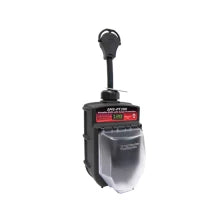
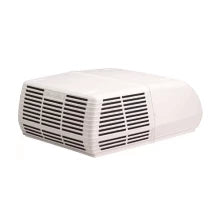
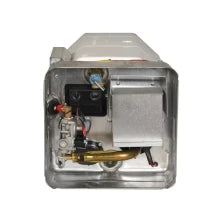
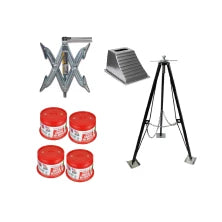
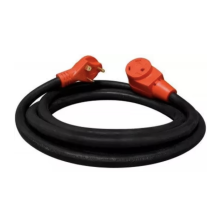
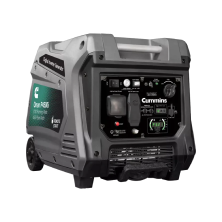

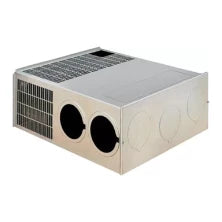


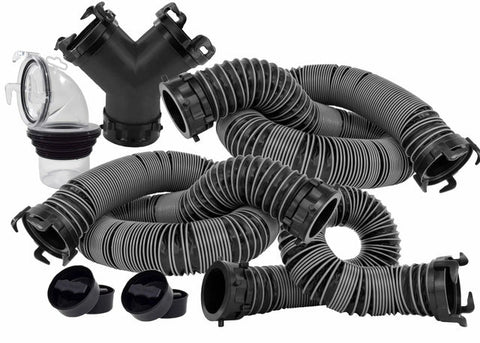
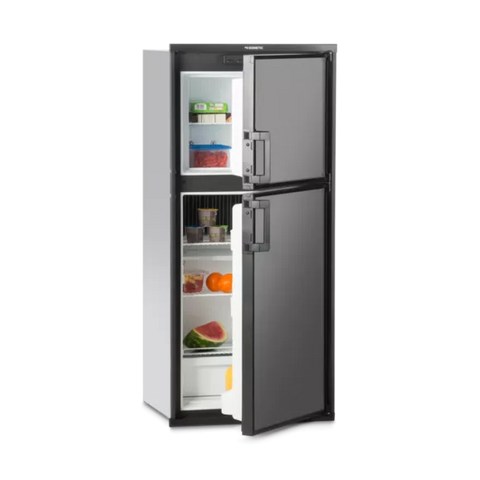
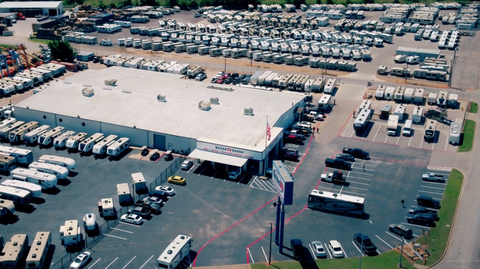
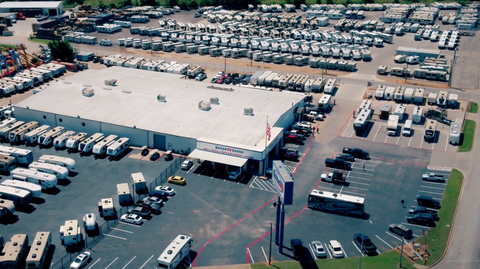
Comments (0)
There are no comments for this article. Be the first one to leave a message!